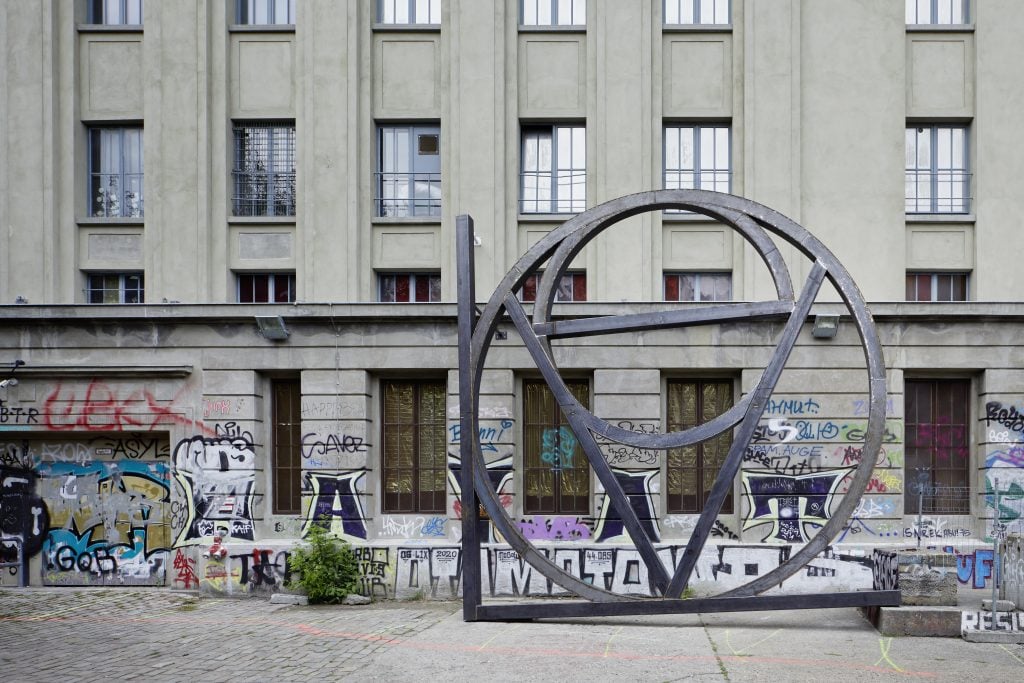Politics
Struggling Nightclubs in Germany Will Be Recategorized as Cultural Institutions
Clubs in Germany could enjoy some of the same legal rights as museums and other cultural venues.

Clubs in Germany could enjoy some of the same legal rights as museums and other cultural venues.

Artnet News

The German government decided on Friday to proceed with a motion that would designate music clubs and live venues as cultural facilities.
In rapidly gentrifying cities like Berlin, clubs, which are a major tourist draw and important to the city’s social fabric, have been increasingly vulnerable in the face of new real estate development projects.
With recognition as cultural sites, clubs gain leverage against displacement. While museums and theater houses enjoy this privilege already, clubs have been given similar legal status to brothels, arcades, and other entertainment venues.
The motion from the parliamentary committee for building, housing, urban development, and communities calls on the federal government to reclassify nightclubs as venues with a “cultural purpose.” The text includes a “clause on noise protection” that would help settle disputes between clubs and new developers.
Germany’s parliament has until September to decide whether to implement the proposed change into law.
With an “annual turnover of approximately €1.1 billion, clubs are an important part of the cultural and creative industry,” wrote the Parliamentary Forum Club Culture, which is behind the initiative. “We want to preserve diversity everywhere in Germany… Clubs are entrepreneurial, cultural, social, and architecturally open spaces that invite you to experiment, encounter, and experience.”
Clubs around the nation have been shuttered since March 2020. In Berlin, the country’s most famous nightclub, Berghain, collaborated with the Boros art collection to host a successful art show with paid ticketing to help support the club while it was closed to music events. In a first, the cultural department in Berlin provided funding for the unique partnership between private collectors and the notorious club, which itself was granted special cultural status in 2016.
“We are counting on the federal government taking up this parliamentary mandate quickly and implementing the amendment of the building use ordinance in this legislature,” Thore Debor, a spokesman for club commission stakeholder LiveKomm, said in a statement to Resident Advisor. “Especially now… we need this overdue step more than ever.”